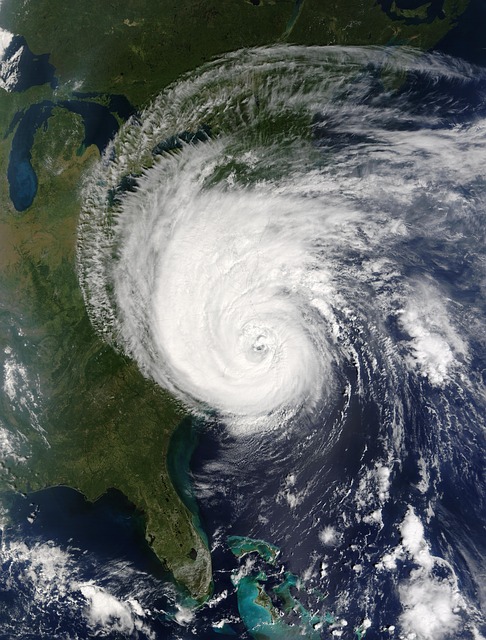As we enter hurricane season, it’s crucial to ensure that you and your home are prepared for any potential storms. Here are comprehensive tips to help you stay safe and secure:
Prepare early for a Hurricane:
-
- Take basic steps now to ensure your safety should a storm hit.
- Write down emergency phone numbers and keep them on the refrigerator or near any landline phone in your house. Program them into your cell phone too.
- Take pre-storm photos/video of your home, inside and out, in order to provide to the insurance company in the event of a claim.
Prepare in Advance:
-
- Stock your home and car with necessary supplies.
- Include non-perishable food, water (at least one gallon per person per day), first aid supplies, medications, flashlights, extra batteries, and important documents.
- Water: At least one gallon per person per day for at least three days. Keep additional water available for pets.
- Food: Non-perishable items like canned goods, granola bars, and dried fruit. Be sure to have food on-hand for your pets as well.
- Medications: A week’s supply of prescription medications and a first aid kit.
- Important Documents: Copies of insurance policies, identification, and bank account records in a waterproof container.
- Tools and Supplies: Flashlights, batteries, multi-purpose tools, and a manual can opener.
- Personal Items: Sanitation and hygiene items, extra clothing, blankets, and sturdy shoes.
- Communication: Keep cell phones charged and have a fully charged portable charger available. Consider getting a battery-powered radio to stay informed about emergency updates. There is no guarantee cell phones will get service during or after a storm.
- Entertainment: Keep any tablets/iPads fully charged with games or videos downloaded. Have books, art supplies, board games, and other non-electronic activities available in case you are not able to use chargers.
- Prepare for a few days without power
- Generator: Keep spare gas cans ready for your generator. Throughout the year, start up the generator monthly to keep the engine lubricated. Also run a “load test” quarterly.
- Grill: Replace empty propane tanks before a hurricane comes to avoid the rush.
- Refrigerator and Freezer: Freeze bottles of water and keep Ziploc bags full of extra ice in your freezer throughout the season that you can use in a pinch to help keep perishable items cold.
Make a Disaster Plan:
-
- Create a disaster plan that outlines how you’ll communicate with family/friends/roommates, where you’ll go, and what you’ll do during a hurricane.
- Discuss evacuation routes and designate a meeting place.
- Ensure everyone in your household knows the plan and practices it.
Prepare to Evacuate:
-
- Know your community’s evacuation routes and have an alternate route planned in case roads are blocked.
- Never ignore an evacuation order. If authorities recommend evacuation, follow their instructions promptly.
- Know the nearest shelter locations and different routes to get there from your home.
- If you have older adults in your family, understand their health and medical concerns during evacuation1.
- Don’t forget about your pets—pre-identify shelters, pet-friendly hotels, or out-of-town friends or relatives where you can take your pets in case of evacuation.
Secure Your Home: Protecting your home can significantly reduce damage.
-
- Install storm shutters or board up windows with plywood. Ensure doors are secured and have a deadbolt lock.
- Check for any loose or damaged shingles and repair them. Clear gutters and downspouts to prevent water accumulation.
- Bring in outdoor furniture, decorations, and any other loose items that could become projectiles in high winds.
- Trim or remove dead or weak branches that could fall and cause damage during a storm.
Stay Informed:
-
- Sign up for emergency alerts and follow local news channels for updates.
- Follow reliable sources on social media for real-time information.
- Pay attention to advisories from local officials and be ready to act on their instructions.
After the Storm:
-
- Avoid downed power lines, standing water, and inspect your home for damage carefully.
- Document any damage with photos and contact your insurance company as soon as possible to start the claims process.
- Be cautious with food and water. If there are power outages, perishable food might not be safe to eat. Boil water if advised by local authorities.
Remember, hurricanes can cause damage hundreds of miles from the coast, so it’s essential to be prepared even if you’re not directly on the shoreline. Stay informed, stay safe, and take necessary precautions to protect yourself and your loved ones during hurricane season! 🌀🌊🏠
Learn more:

 Facebook
Facebook
 X
X
 Pinterest
Pinterest
 Copy Link
Copy Link


